How Much Does It Cost To Charge An Electric Bike?
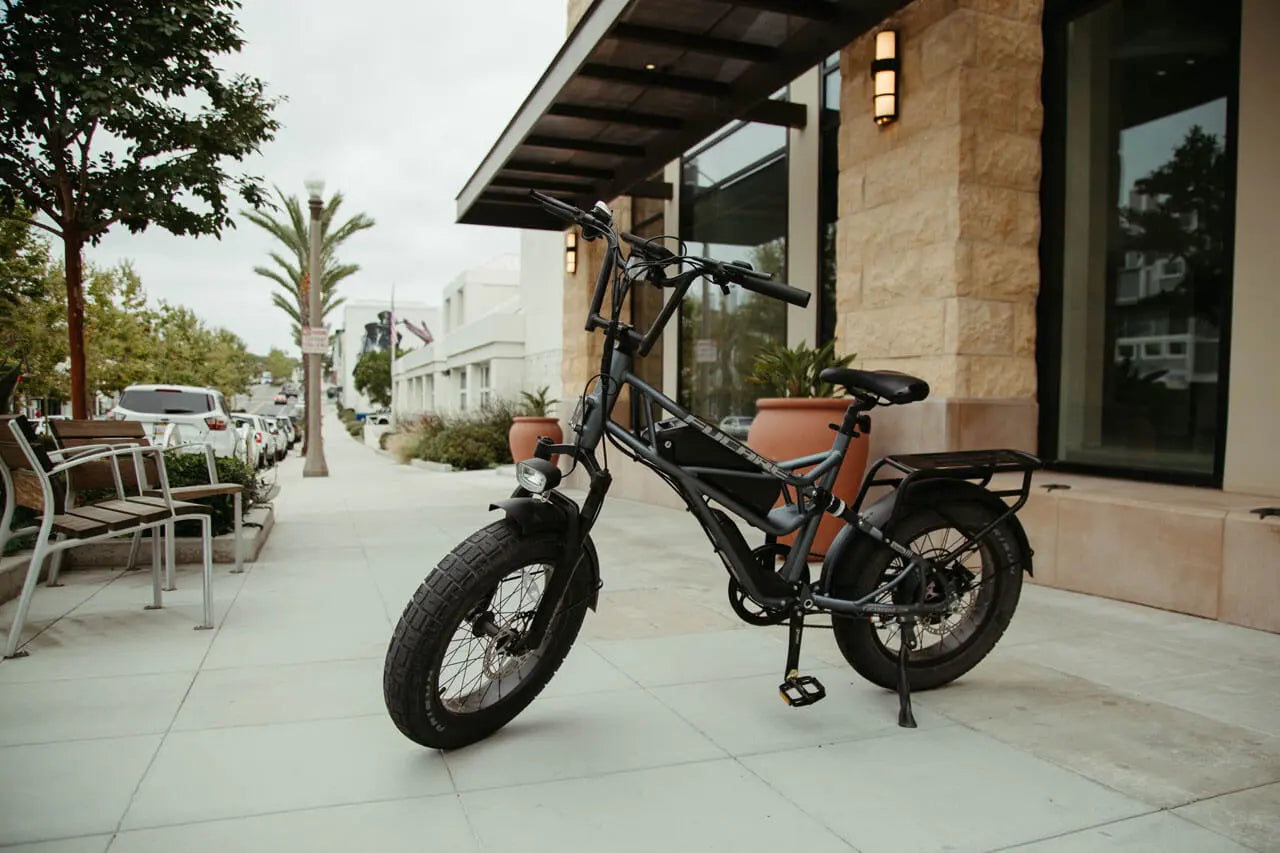
Electric bikes are surging in popularity, offering a thrilling blend of exercise, efficiency, and eco-friendliness. But for the tech-savvy cyclist, a crucial question remains: how much does it cost to charge an electric bike?
Fear not! We're here to demystify the economics of e-bike charging. By crunching the numbers and considering key factors, we'll unveil the true cost of powering your electric adventures.
The cost to charge an electric bike is relatively low and depends on a few key factors, such as the capacity of the bike's battery, the cost of electricity in your area, and the efficiency of the bike's charging system.
On average, it costs about $0.05 to $0.20 to fully charge an electric bike battery one time.
Here's a simplified way to estimate it:
Battery Capacity
At the heart of every e-bike lies its battery, the powerhouse that dictates both range and performance. Typically measured in watt-hours (Wh), the battery capacity is a pivotal factor in determining the cost to fully recharge an e-bike. A higher Wh rating not only means a longer range but also a slight increase in charging costs due to the greater amount of electricity required. You can find this information in the e-bike's specifications. For example, Fucare Scorpio has a battery capacity of 960 Wh.
Electricity Cost
Next, we must turn our attention to the cost of electricity, a figure that is far from uniform and fluctuates significantly based on geographical location. In the vast majority of locales across the United States, for instance, the price for electricity oscillates between $0.10 and $0.25 for every kilowatt-hour (kWh) consumed. Familiarizing oneself with the specific rate applicable in your area is indispensable for accurate cost calculations.
Charger Efficiency
Lastly, the efficiency of the charger warrants consideration. No charger is 100% efficient. In reality, a fraction of energy invariably dissipates during the process of conversion. The modern chargers available today typically exhibit around 90% efficiency. This implies that a portion of the electrical energy drawn from the grid does not contribute to charging the battery but is instead expended, albeit minimally.
How to calculate the cost of charging an e-bike?
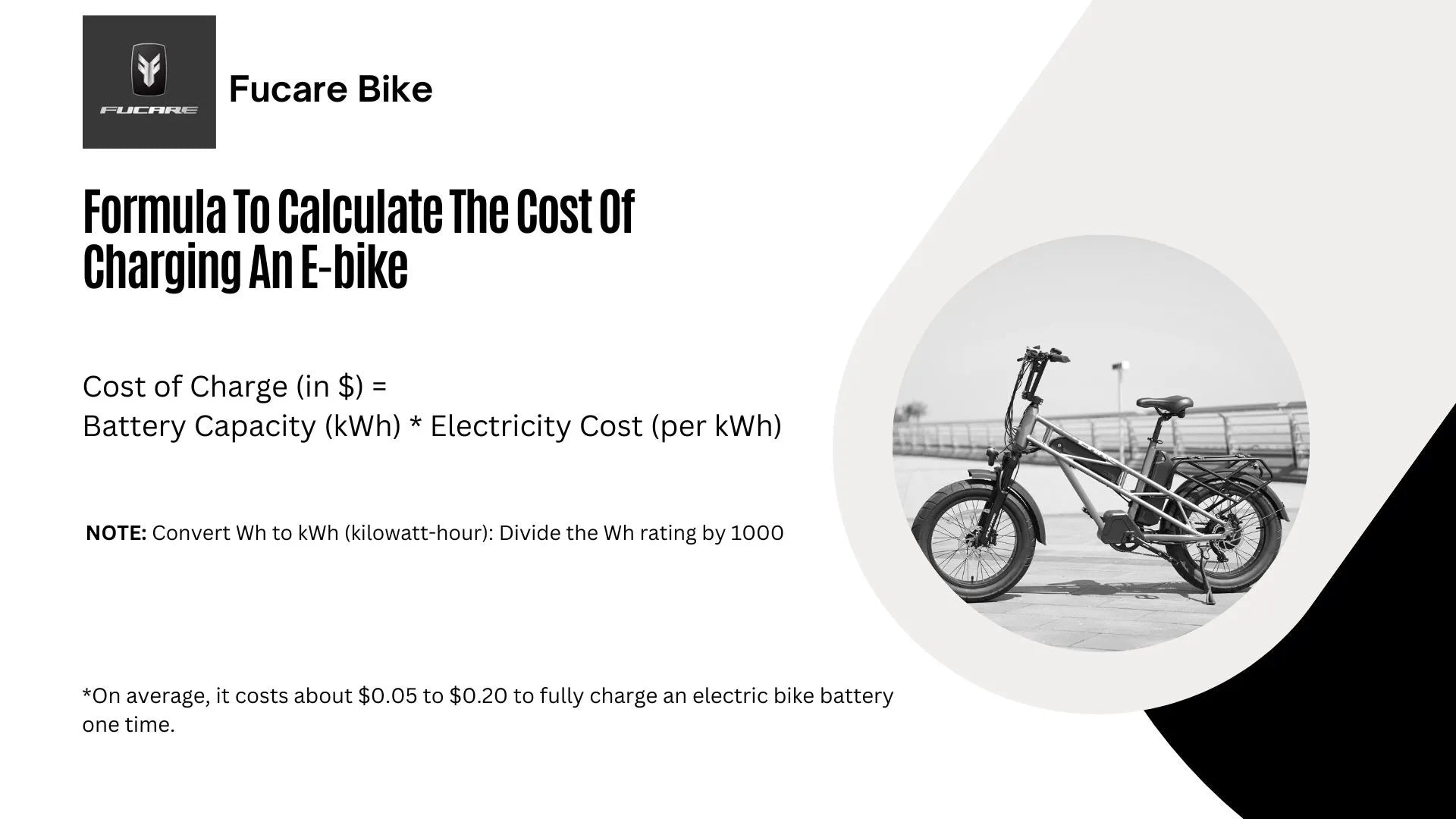
Ready for a formula? Transitioning from theory to practical application necessitates a straightforward calculation. Begin by converting the battery's capacity to kilowatt-hours, a process achieved by dividing the initial watt-hours by 1000.
Then,
(Battery capacity in kWh x 1.1) x cost of electricity per kWh
Let's perform a real-world example. Imagine a common e-bike with a 1000Wh battery and a charger with 90% efficiency. You live in an area with a $0.15 per kWh electricity rate. Here's the breakdown:
Convert the battery capacity to kWh: 1000 Wh / 1000 = 1kWh
To account for charger inefficiency, we multiply the battery capacity by 1.1 (assuming 10% loss). So, 1kWh x 1.1 = 1.1kWh.
Now, multiply by the electricity rate: 1.1kWh x $0.15/kWh = $0.165.
That's right! In this scenario, a full charge costs a mere $0.165 – a fraction of the cost of fueling a gas-powered vehicle.
Other Factors That Can Affect How Much It Costs To Charge An Electric Bike
Charging Frequency
The terrain you tackle significantly impacts battery drain. Hills and strong winds demand more power from the motor, leading to quicker depletion and more frequent charging sessions. Conversely, gentle, flat commutes will see your battery stretch further, reducing charging frequency and overall cost. E-bikes with multiple assist levels allow you to become an efficiency maestro, tailoring the power to your needs. Opting for lower assist levels on flat stretches or when cruising with a tailwind can significantly reduce your charging costs.
Government Incentives
In an effort to promote sustainable transportation, some regions offer government incentives for electric vehicle use. These incentives can take various forms, including rebates on e-bike purchases or even discounts on electricity rates specifically for charging e-bikes. A quick internet search or a call to your local government or utility provider can reveal if such programs exist in your area. Taking advantage of these green initiatives can significantly reduce your overall e-bike charging costs.
Extreme temperatures
While seemingly innocuous, extreme temperatures can act as silent assassins on your e-bike battery's efficiency. Scorching summer heat can degrade battery performance, forcing you to charge more often to maintain the desired range. Conversely, frigid winter temperatures can hinder the battery's ability to deliver its full potential. Whenever possible, store and charge your e-bike battery indoors at moderate temperatures (around 10 to 20 degrees Celsius) for optimal performance and longevity
Continue reading
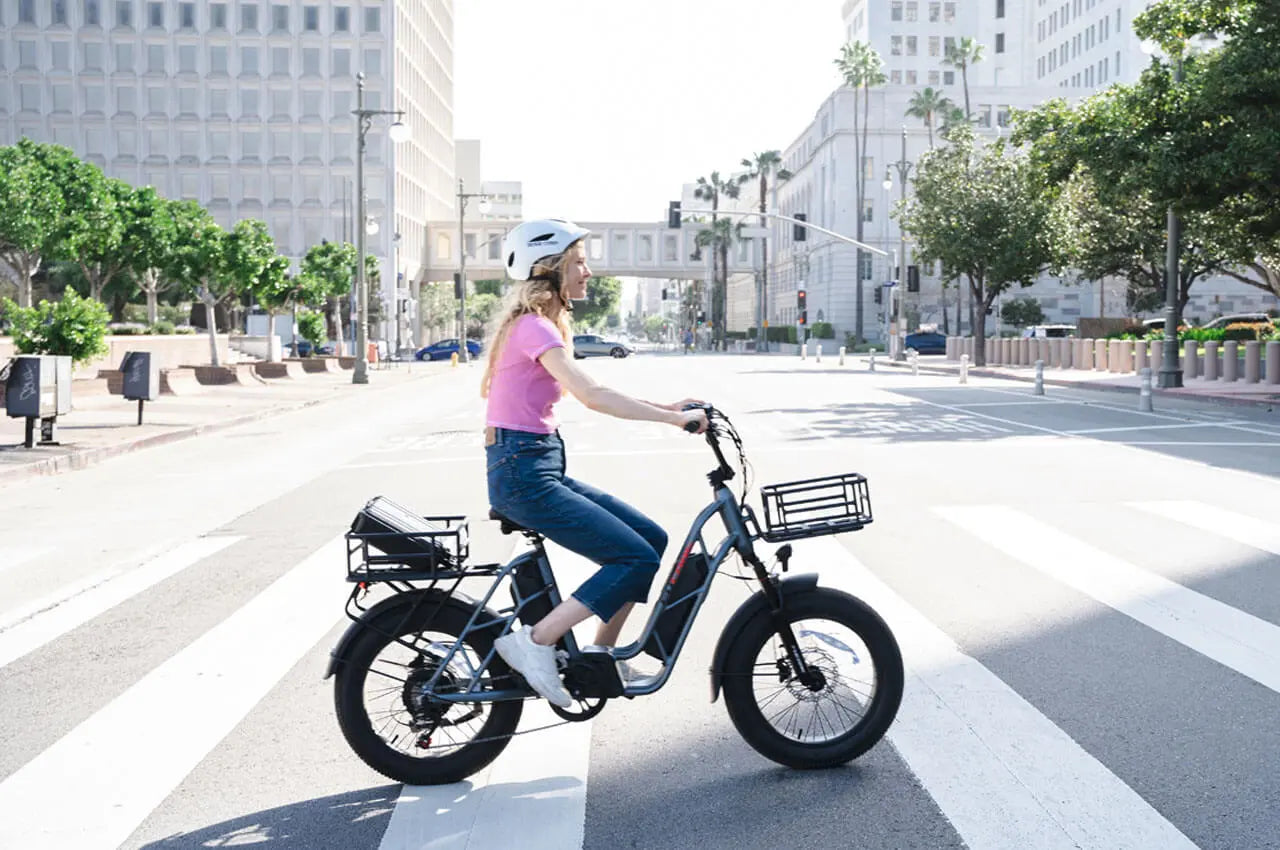
Torque Sensor vs Cadence Sensor on Ebikes: An In-Depth Comparison
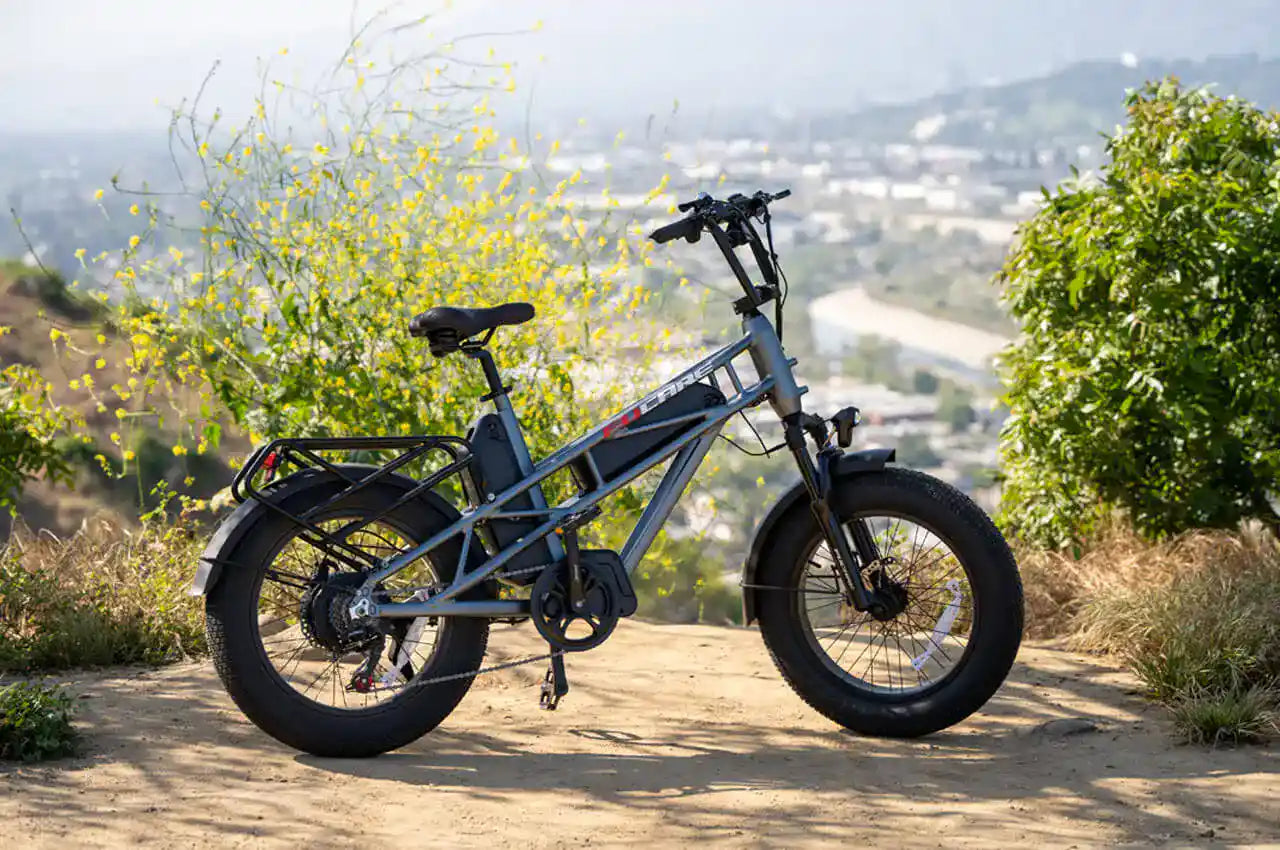





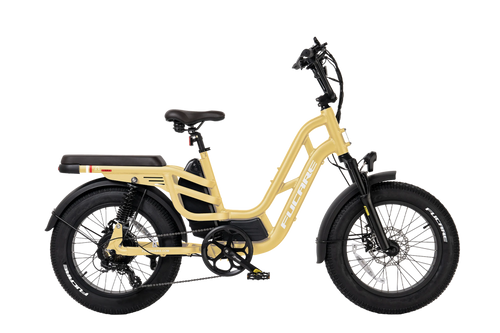
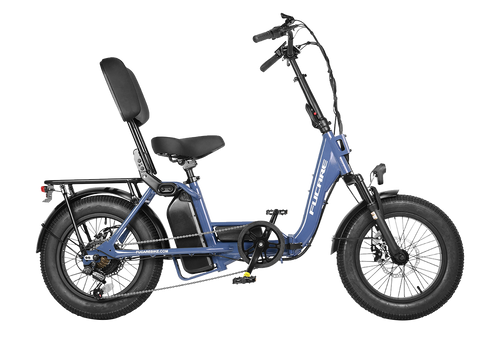
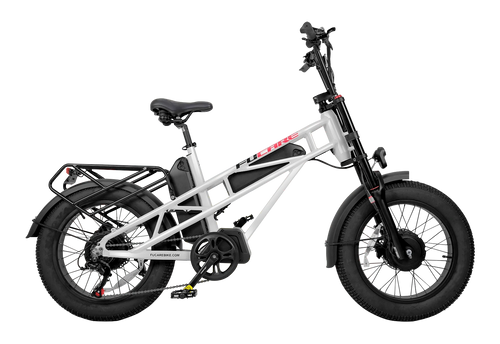
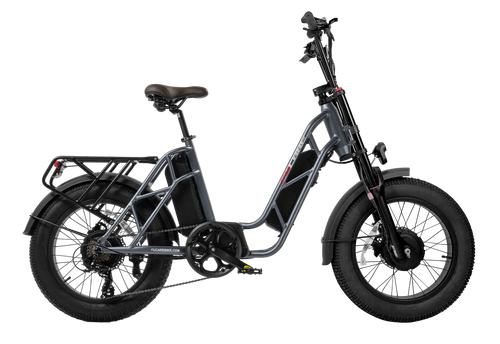

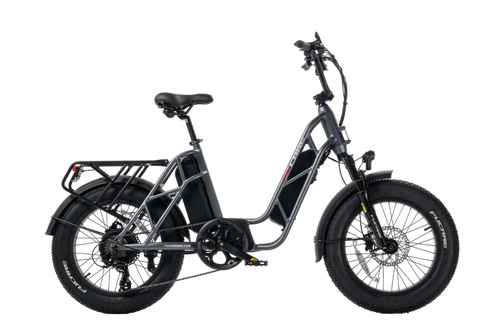
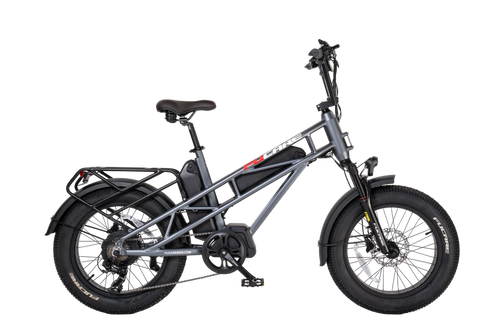
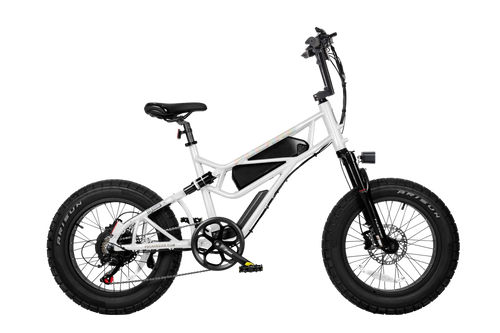




1 comment
Awet
i like charge
i like charge